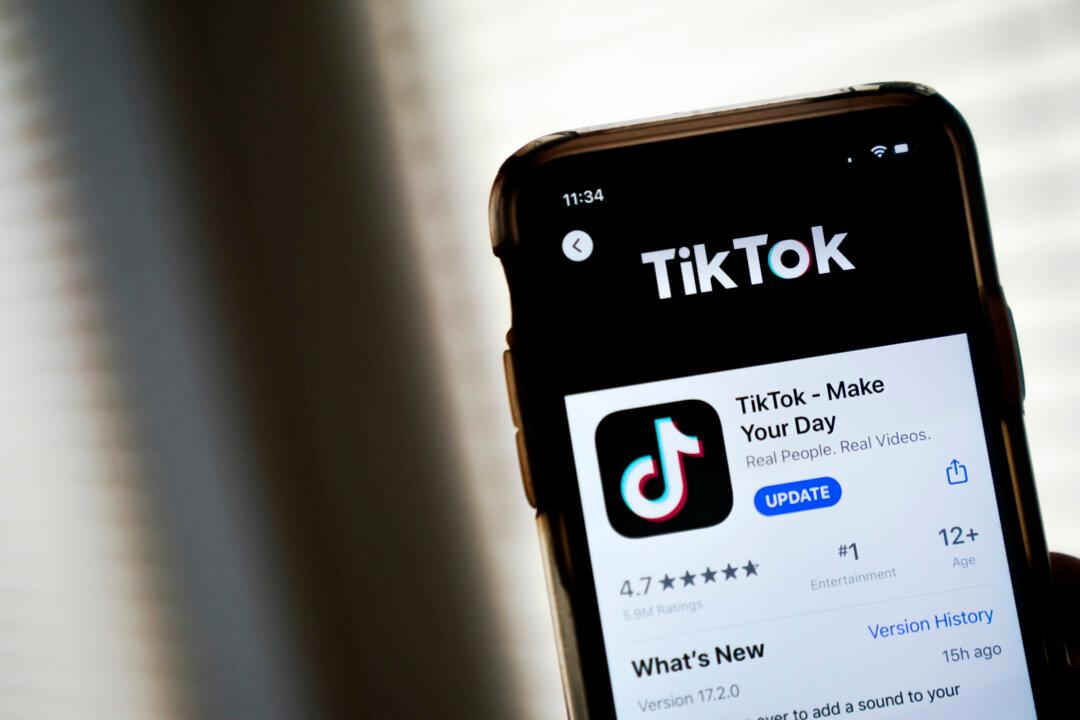Maine has become the latest state to ban TikTok from state-owned devices that connect to the government network.
The video-sharing app is owned and operated by ByteDance, which is a Chinese company that moved its headquarters to Singapore in 2020.

Maine has become the latest state to ban TikTok from state-owned devices that connect to the government network.
The video-sharing app is owned and operated by ByteDance, which is a Chinese company that moved its headquarters to Singapore in 2020.